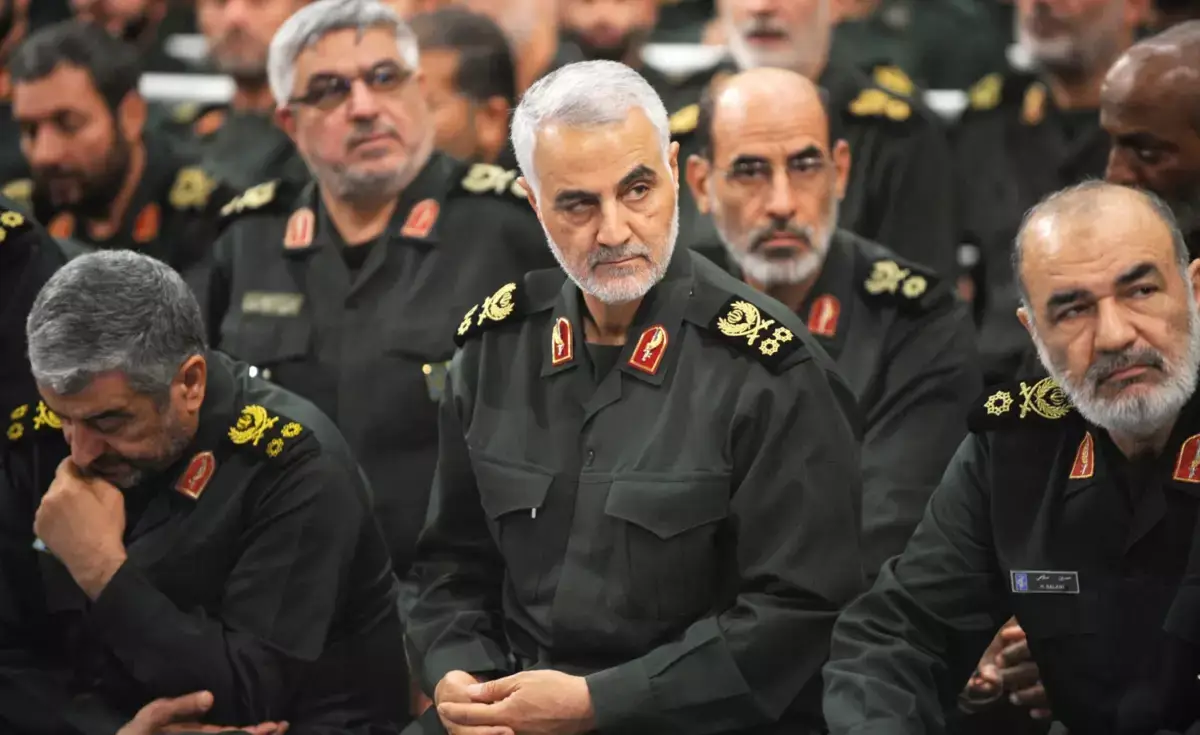
Killing Soleimani Poses A Major Threat To World Economy
On Friday, the world woke up to the news that an American airstrike had taken out more than eight militia leaders in Baghdad. Key among these were Qaseem Soleimani – an Iranian military general and head of the elite Quds forces and Abu Mahdi Al-Muhandis – an influential Iraq militia leader.
The move escalated the already dire political relations between Iran and the United States. Its ramifications also threaten the recovery of an ailing global economy.
Iran’s supreme leader, Ayatollah Ali Khamenei, has vowed severe revenge against the US, warning that a “harsh retaliation is waiting.”
The conflict has turned into a back and forth war of words between the leaders of these two nations on Twitter. US President Trump argued that Iran threw the first punch. Thus, killing Suoleimani was a mere retaliation.
He added that any revenge by Iran or its proxies would receive “disproportionate retaliation.” Trump divulged he was targeting “52 Iranian sites” that include prestigious institutions and cultural sites.
The world economy and geopolitical analysts are confident that Iran will almost certainly take action against the United States.
They, however, remain divided mainly on the significance of such a move to the global economy.
In either case, Trump’s administration has threatened to take out Iran’s oil production facilities. He would also impose crippling sanctions should the country be deemed to have taken revenge of Soleimani’s killing on either US or its interests.
The Trump administration would issue similar sanction threats to the Iraq government. Over in Iraq, the parliament voted overwhelmingly to kick American Forces out of the country.
US-Iran tensions and threat to oil will affect economic recovery
Iran and Iraq’s combined oil production accounts for the world’s fourth-largest source of crude. Experts are therefore wary of what sustained tensions or conflict in the Middle East would mean to the rest of the world.
Others argue that the oil crisis sign is already on the wall. That’s because a few hours after Soleimani’s death, global oil prices surged as much as 4%. It’s their highest since April 2019.
It remains highly likely an all-out war between the US and Iran would spill into Iraq and cripple oil production. And common-sense dictates that the ensuing oil crisis would halt – possibly reverse – the simplistic strides the economy took towards recovery.
Some of the overt and covert actions that most experts believe Iran will likely take against the US and the world economy include attacks on the region’s oil infrastructure.
In September 2019, Iran received accusations of knocking out half of Saudi Arabia’s oil via a drone and missile strike.
Tehran is also believed to be behind several oil tanker strikes near the all-too-important Strait of Hormuz. Iran Analyst, Henry Rome, was especially specific about Tehran’s retaliation and noted that “Iran will also likely resume harassment of commercial shipping in the Gulf and may launch military exercises to disrupt shipping temporarily.”
Experts also believe that killing Soleimani and Al-Muhandis will have long-term ramifications. That’s because it is likely to disintegrate the somehow united Iraqi militias.
The need for revenge and make a name for themselves will see most of these resort to an international crime that is also detrimental to the growth of the global economy.
Former US ambassador to Iraq, Douglass Silliman, put this into perspective arguing that after killing Al-Muandis “…what you might see is less experienced, less well-trained militias who are angry, feeling they can take it upon themselves to make these decisions to use violence and that could be dangerous for Iraq (and the rest of the world).”




